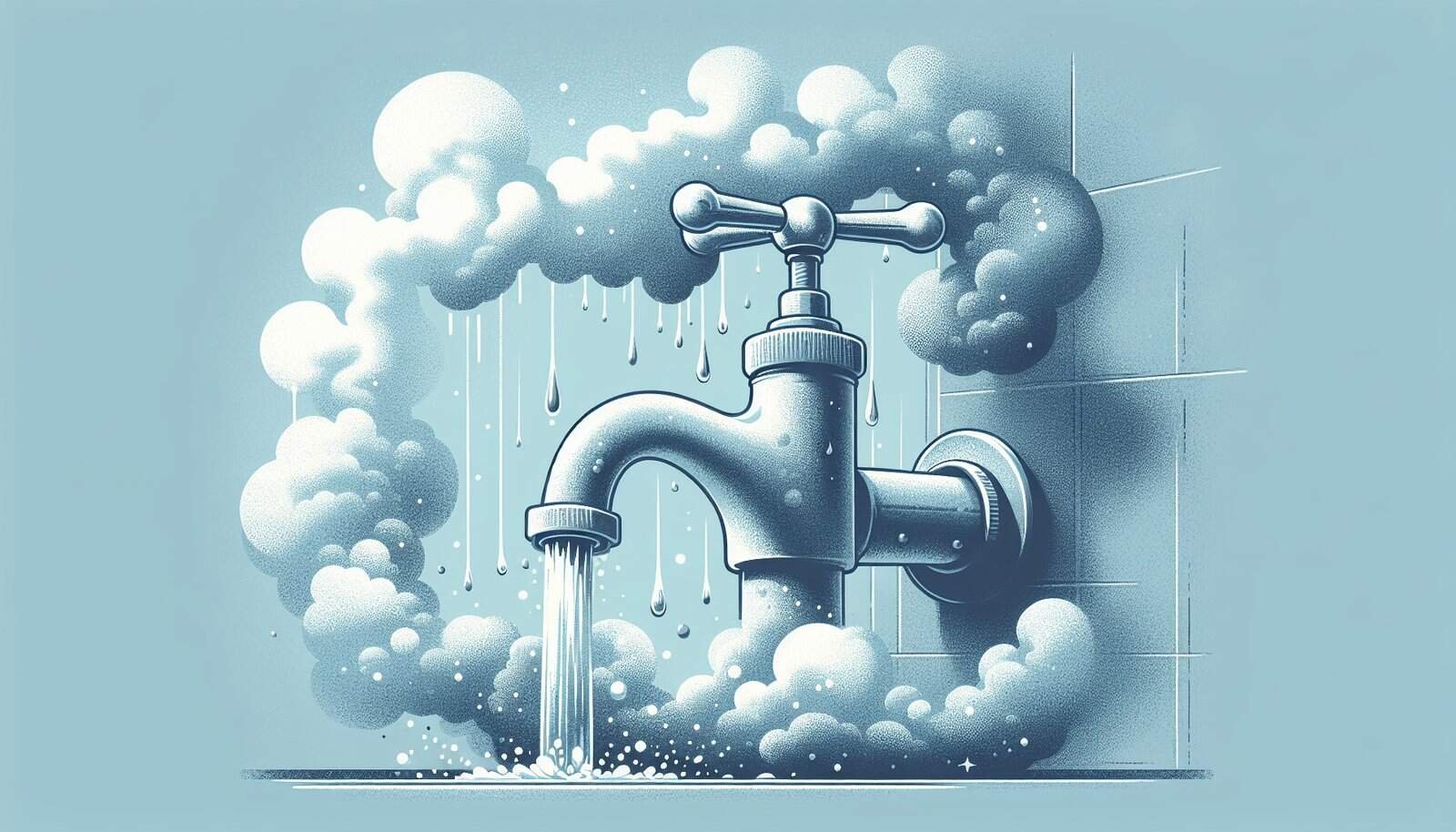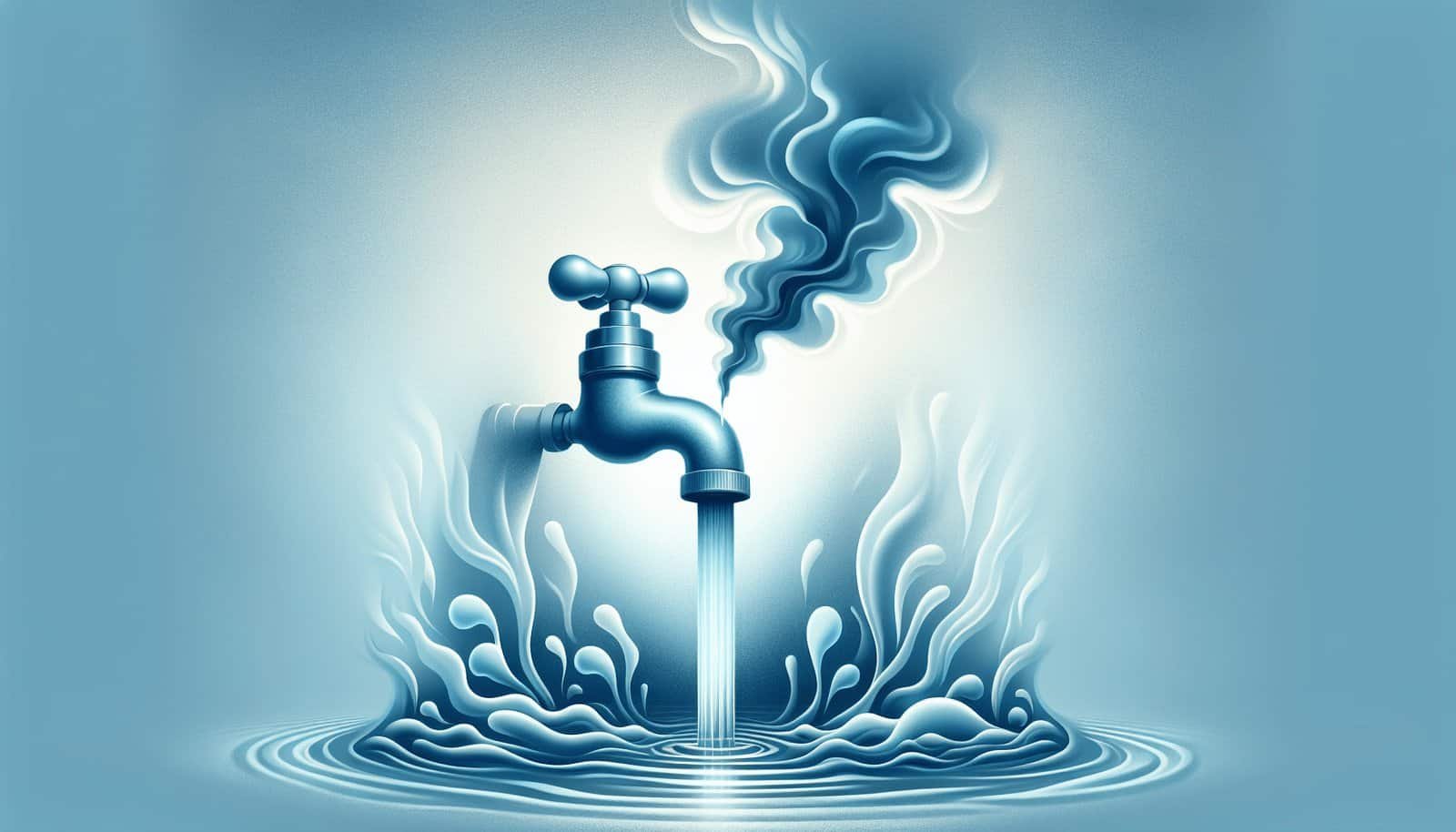Have you ever turned on your faucet only to be greeted by a distinct odor of rotten eggs wafting from your water? That unmistakable smell is often caused by the presence of sulfur. While it might leave you feeling a bit bewildered or even worried, understanding the reasons behind this and how to approach the situation can be empowering. Let’s unravel the mystery of sulfur-smelling water and explore what actions you might consider to resolve this issue.
Understanding the Cause of Sulfur Smell in Water
The first step in addressing any problem is understanding its root cause. When it comes to a sulfur smell in water, this often indicates the presence of hydrogen sulfide gas (H2S). Though it’s not usually harmful at low concentrations, it can certainly make your water unpleasant to use.
What is Hydrogen Sulfide?
Hydrogen sulfide is a colorless gas known for its pungent odor reminiscent of rotten eggs. It can occur naturally in groundwater due to the decay of organic matter or the activity of certain sulfur-reducing bacteria. These bacteria use sulfur as an energy source, producing hydrogen sulfide gas as a byproduct.
Potential Sources of Sulfur in Your Water
Hydrogen sulfide can enter your water supply from several sources:
- Groundwater Supply: If you get your water from a well, the hydrogen sulfide may be naturally occurring in the groundwater.
- Water Heaters: The anode rod in a water heater can encourage the growth of sulfur-reducing bacteria, which then produce hydrogen sulfide gas.
- Plumbing Systems: Old plumbing systems can harbor bacteria that produce hydrogen sulfide, leading to a sulfur smell.
By identifying the source, you can better determine the appropriate method to address the issue.

Evaluating the Severity of the Problem
Once you’ve pinpointed the likely source of the sulfur smell, the next step is assessing the situation’s severity. This evaluation will guide your decision on whether you can address the problem yourself or if professional help is necessary.
Check if the Smell is Consistent
The presence and intensity of the sulfur smell can vary:
- If the smell is consistent with both hot and cold water: The issue may originate from your groundwater supply.
- If the smell is only from hot water: It might be your water heater contributing to the problem.
- If the smell comes from a specific faucet or area: There might be a localized issue within your plumbing system.
Duration and Impact
Assess how long you have been noticing the smell and its impact on your daily water usage. Determine if it’s something you can live with temporarily while you explore solutions or if it requires immediate attention.

Steps to Mitigate Sulfur Smell in Water
Addressing a sulfur smell in your water can often be tackled using various methods depending on the source and severity. Here are some steps you might consider:
For Groundwater Contamination
If the sulfur smell is due to naturally occurring hydrogen sulfide in the groundwater, consider these solutions:
- Aeration: Aerating your water can help release hydrogen sulfide gas. This involves introducing air into the water, improving the smell and taste.
- Filtration Systems: Install activated carbon filters or oxidizing filters to remove hydrogen sulfide. These are often effective and provide a long-term solution.
- Chlorination: Adding chlorine to your water can oxidize hydrogen sulfide, removing the odor. This may also help with any bacterial contamination.
| Method | Pros | Cons |
|---|---|---|
| Aeration | Simple, effective for low H2S levels | May not work for high H2S levels |
| Filtration | Long-term solution, improves taste/odor | Can be expensive to install |
| Chlorination | Effective for various contaminants | Requires regular maintenance |
For Water Heater Issues
When the smell stems from your water heater, these steps might help:
- Replace the Anode Rod: Consider replacing it with one made of an aluminum-zinc alloy to reduce bacteria activity.
- Flush Your Heater: Regular flushing can help remove buildup and bacteria, improving water quality.
For Plumbing System Problems
If the issue is localized within your plumbing:
- Disinfect the Plumbing System: Consider using a shock chlorination method to disinfect your system.
- Professional Inspection: Sometimes, having a professional examine your plumbing can identify and resolve stubborn or hidden issues.

Should You Hire a Professional?
There are definite merits to seeking professional assistance, especially if the problem persists despite your best DIY efforts or if you’re unsure about the source of the issue.
When to Consider a Professional
- Complex Systems: If your plumbing or water heating system is complex and difficult to navigate without expertise.
- Persistent Problems: When the sulfur smell continues after you’ve tried several solutions, it might indicate a more serious underlying issue.
The Benefits of Professional Assistance
Consulting with a professional brings expertise and efficiency. They can perform water tests, identify obscure issues, and recommend or install the most effective filtration or treatment systems. This might be reassuring, saving you time and ensuring the safety and quality of your water.

Conclusion: Enjoy Fresh and Clean Water
Addressing a sulfur smell in your water can feel daunting, but armed with the right knowledge and approach, you can tackle the problem effectively. From understanding hydrogen sulfide’s causes to evaluating solutions and knowing when to seek help, each step brings you closer to the fresh, clean water you desire.
Remember, whether you choose to address the issue yourself or bring in the professionals, the ultimate goal is ensuring your water is pleasant, safe, and reliable for all your household needs.

